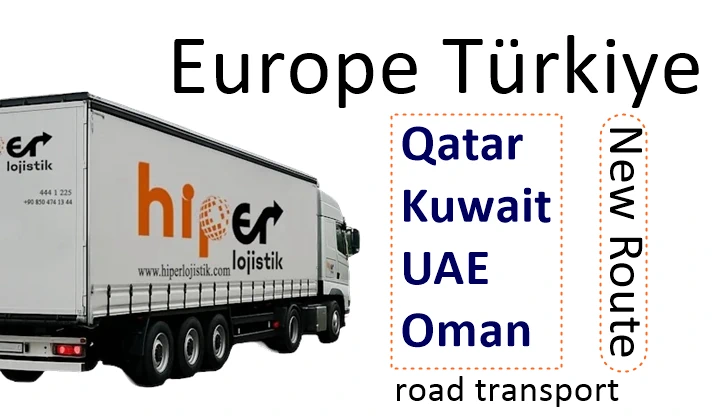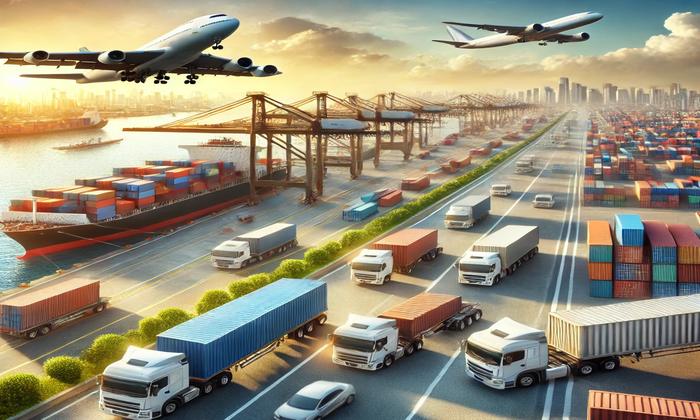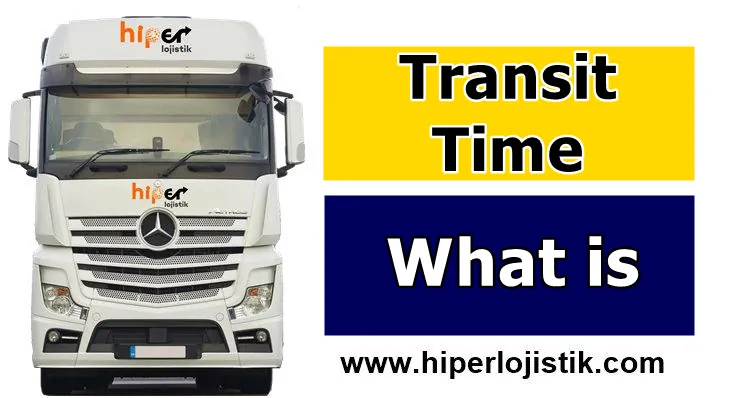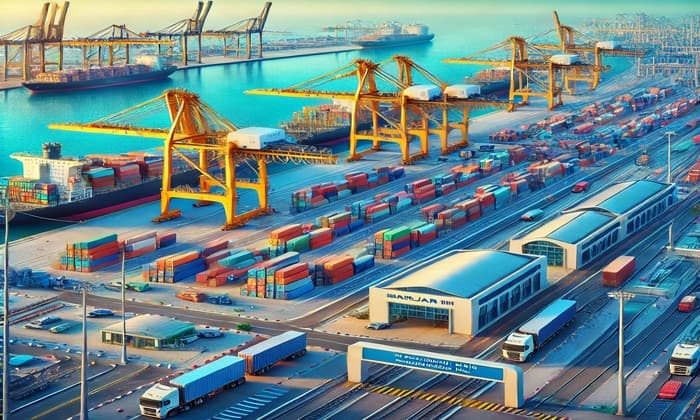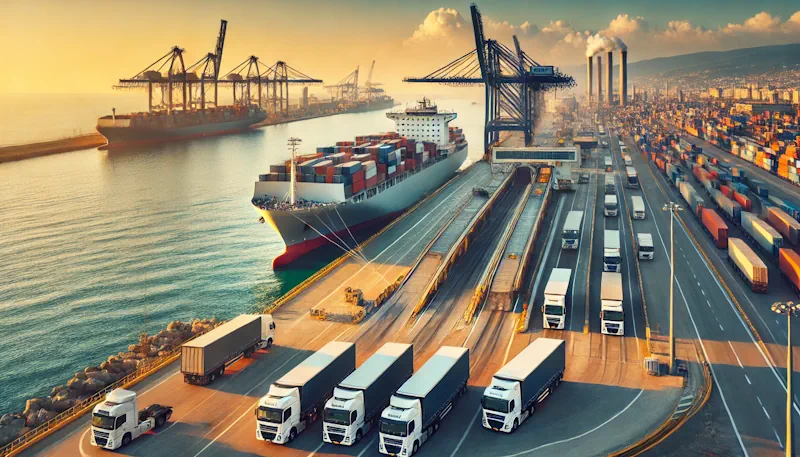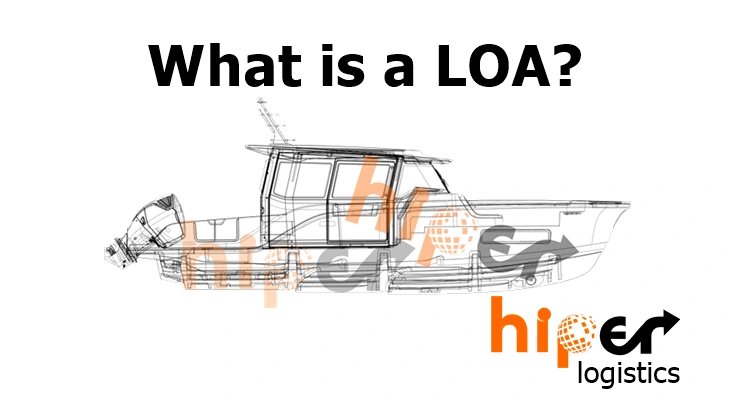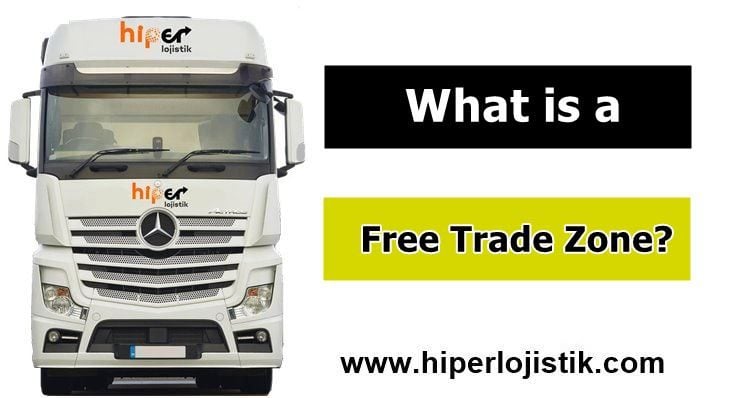
Introduction
Free Trade Zones (FTZs), also known as free zones or free economic zones, are designated areas within a country where goods can be imported, handled, manufactured, and re-exported without the intervention of customs authorities. These areas are established to promote economic activity, reduce bureaucratic barriers, and attract foreign investments. In this comprehensive guide, we’ll explore what free trade zones are, their significance, and how they contribute to both local and global economies.
What Is a Free Trade Zone?
A free trade zone is a designated geographical area where goods can be traded without the usual customs regulations and tariffs that apply elsewhere in the country. Goods that enter these zones are typically exempt from taxes and duties, provided they are re-exported. FTZs are intended to enhance international trade, promote manufacturing and assembly operations, and provide businesses with a more attractive environment in which to operate.
Free trade zones exist in many countries worldwide, and they vary in size and purpose. Some FTZs focus on manufacturing, while others are more oriented toward logistics and warehousing. The main objective of these zones is to foster economic growth by providing incentives such as tax exemptions, simplified regulations, and other benefits that make them attractive to investors and businesses.
The World’s Top 5 Largest Container Ports: Global Shipping Giants Explained
How Do Free Trade Zones Work?
The primary function of a free trade zone is to serve as a site for activities related to import, storage, and export without facing customs duties. Companies that set up operations in these zones can import raw materials or components, assemble or process them, and then export the finished goods without paying taxes or customs duties.
For example, a company might import raw materials to manufacture electronic products in a free trade zone. Since these materials are entering the FTZ, they do not face import taxes. The company can then manufacture the products and export them without incurring the regular taxes or tariffs that would apply if the materials were brought into the domestic market. If the finished products are sold within the country, however, they would then be subject to applicable duties and taxes.
Types of Activities in Free Trade Zones
Free trade zones allow for a wide variety of activities, which include but are not limited to:
- Manufacturing and Assembly: Companies often use FTZs to manufacture goods using imported components. This allows them to take advantage of tax breaks and reduce costs.
- Warehousing and Storage: Goods can be stored within an FTZ for an extended period before they are re-exported. This is especially useful for companies that want to manage inventory without incurring customs fees.
- Repackaging and Labeling: Some businesses use free trade zones to repackage or label products to meet the requirements of the market they will be sold in, all while avoiding the tariffs that would apply outside the zone.
- Processing: Companies may also carry out additional processing on imported goods before exporting them, thus adding value without paying taxes on the raw materials.
Benefits of Free Trade Zones
Free trade zones offer a wide array of benefits to both companies and the host country:
- Tax and Tariff Benefits: The most significant advantage of operating within an FTZ is the reduction or elimination of tariffs and taxes. This allows companies to cut down on production costs significantly.
- Improved Cash Flow: By deferring the payment of customs duties and taxes until goods leave the free trade zone, companies can maintain better cash flow. If goods are exported directly from the FTZ, they may never be subject to customs duties at all.
- Simplified Customs Procedures: Free trade zones often come with simplified customs regulations, which makes it easier for businesses to import, process, and export goods without delays. The reduced bureaucracy means fewer obstacles for companies, allowing them to operate more efficiently.
- Access to Global Markets: FTZs are usually located near major ports, airports, or trade routes, which facilitates easy access to global markets. This makes it simpler for companies to ship their products worldwide, thus expanding their market reach.
- Job Creation and Economic Growth: Free trade zones contribute to economic growth by attracting foreign direct investment (FDI) and creating jobs. This benefits not only the companies but also the local community by boosting employment and local economic activity.
Glossary of Foreign Trade Terms
Challenges of Free Trade Zones
While free trade zones offer numerous benefits, they also come with certain challenges:
- Risk of Illicit Activities: Due to the reduced customs oversight in these areas, FTZs can sometimes be used for illegal activities such as smuggling or money laundering. Governments must enforce strict regulations to prevent misuse.
- Regulatory Differences: The regulations governing free trade zones can vary significantly from country to country, making it challenging for multinational companies to navigate compliance requirements when operating in multiple FTZs.
- Dependency on Export Markets: Companies operating in FTZs are often heavily reliant on export markets. Any disruption in international trade or tariffs can significantly impact their operations and profitability.
Examples of Notable Free Trade Zones Around the World
- Jebel Ali Free Zone (JAFZA), United Arab Emirates: Located in Dubai, JAFZA is one of the largest and most successful free trade zones globally, hosting over 7,000 companies. Its strategic location near Jebel Ali Port, the largest in the Middle East, makes it a critical hub for international trade.
- Shanghai Free Trade Zone, China: The Shanghai FTZ was established to promote China’s economic reform and serve as a testing ground for liberalizing economic policies. It provides companies with easy access to the Port of Shanghai, which is the world’s busiest container port.
- Colón Free Trade Zone, Panama: The Colón FTZ is the largest free trade zone in the Western Hemisphere. Located near the Panama Canal, it plays a significant role in trade between North and South America, as well as Europe and Asia.
Who Can Benefit from Free Trade Zones?
A variety of businesses can benefit from operating within a free trade zone, including:
- Manufacturers: Companies involved in the production of goods can save on taxes and tariffs, making it more cost-effective to produce and export their products.
- Logistics and Warehousing Providers: FTZs provide an excellent location for logistics and warehousing companies, allowing them to manage inventory and distribute goods without the burden of customs duties.
- Exporters: Businesses that export goods can benefit from reduced customs procedures and costs, improving their competitiveness in the global market.
- Importers: Companies importing goods to be processed or assembled and then re-exported can avoid paying unnecessary taxes, thus reducing their overall expenses.
Free Trade Zone S.S.S. (Frequently Asked Questions)
- What is a Free Trade Zone, and how does it work?
A Free Trade Zone (FTZ) is a designated area within a country where goods can be imported, processed, and exported without the usual customs duties and regulations. Companies benefit by avoiding tariffs and taxes until goods leave the zone or are exported. - Why are Free Trade Zones important for businesses?
FTZs provide significant benefits, including tax exemptions, simplified customs procedures, and improved cash flow. These zones help companies reduce production costs, increase efficiency, and gain easier access to international markets. - What types of activities are allowed in Free Trade Zones?
Activities permitted in free trade zones include manufacturing, warehousing, repackaging, labeling, and processing. These activities are performed without the burden of paying customs duties, provided the goods are re-exported. - Are there any challenges associated with operating in a Free Trade Zone?
While FTZs offer many advantages, they also come with challenges like the risk of illicit activities, regulatory differences across countries, and a dependency on export markets. Businesses must comply with specific regulations to mitigate these risks.

